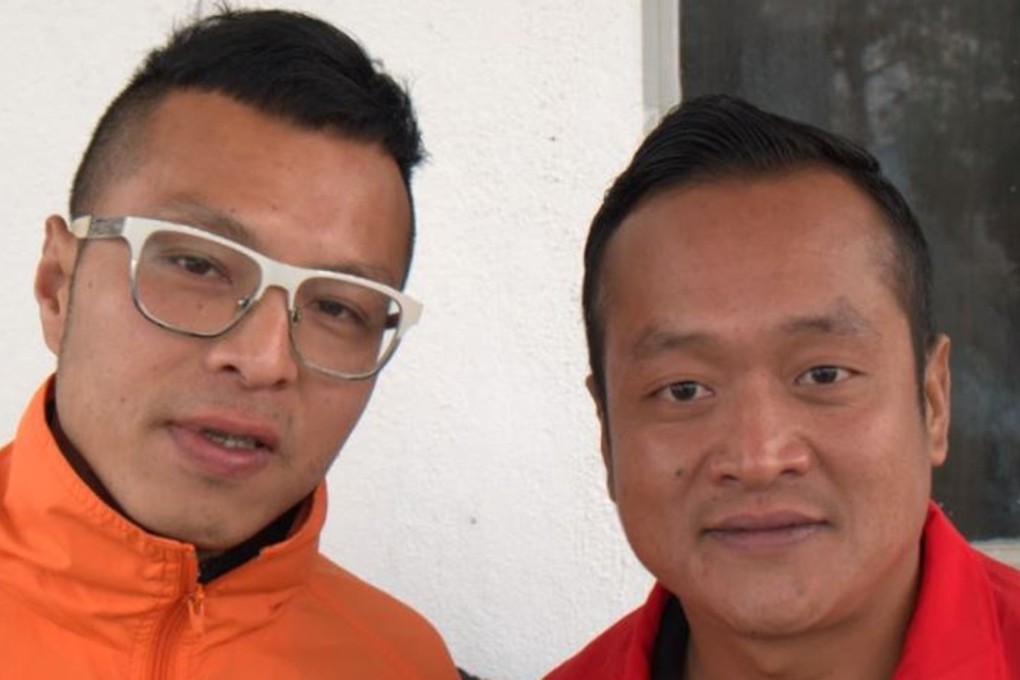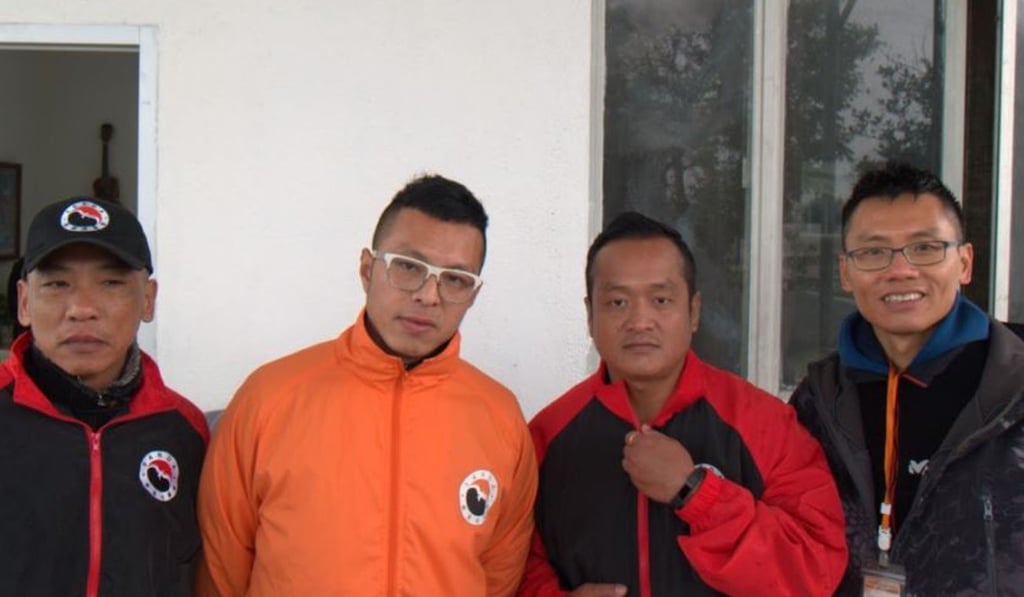Drug addicts find ‘real power’ in trail running to regain control and meaning
Allen Yuen and Thapa Magar Ramu’s bodies flow with endorphins, not drugs, and their families are happy, disbelieving and ... angry?

Allen Yuen was only 15 years old when his triad ‘big brother’ gave him ecstasy, ketamine and cocaine for the first time.
He slowly began to lose control of his life, until one day he heard his mother crying. The moment moved him to check into Shek Kwu Chau Treatment and Rehabilitation Centre (SKC), an island for recovering addicts off the coast of Lantau.
There, he found trail running and after eight months of treatment the sport is filling him with a confidence he never had.
“I felt that my strength had gone and I could not continue,” Yuen said of the first time he ran. “But then I realised – not by my physical strength but by my real power – that I can continue.”
The drugs robbed him of that power, and made him feel weak. He totally collapsed.

At Yuen’s first race, he could not believe the size and the supportive nature of the trail running community. Everyone was so energetic – a stark contrast to his lazy attitude on drugs.